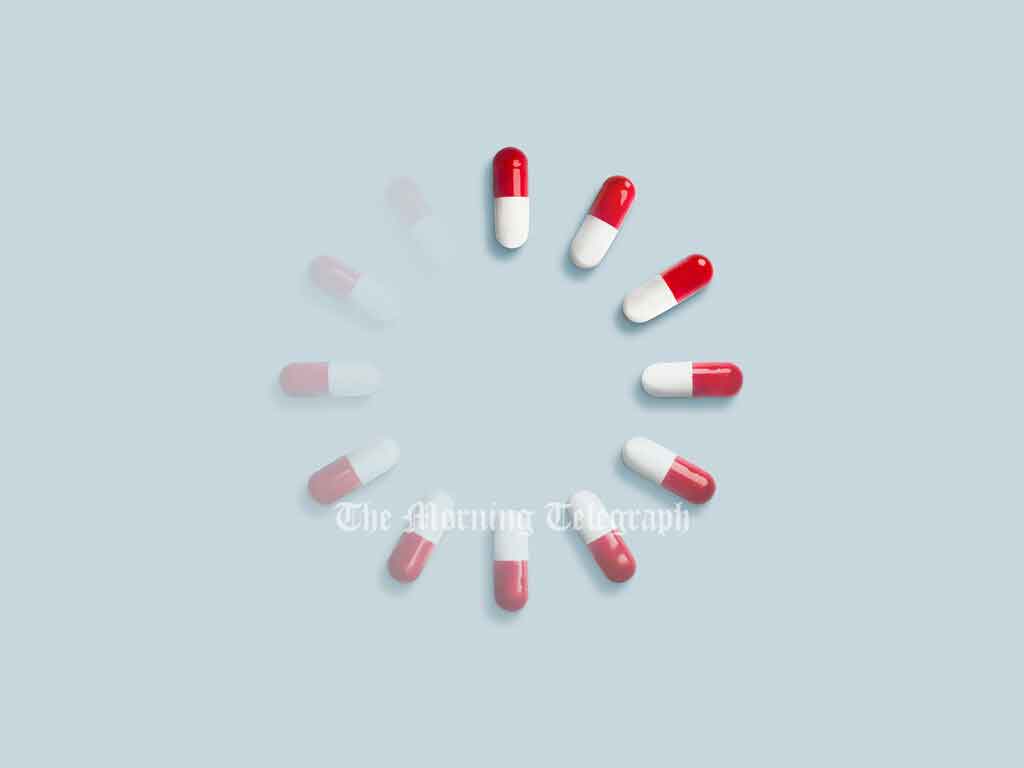
Hospitals across Sri Lanka, including the Colombo National Hospital, are facing severe shortages of essential medical supplies, affecting both emergency and routine patient care. Patients admitted for surgery are being asked to bring their own medical necessities, such as elasto plasters, cannulas, anesthetic jelly, small surgical blades, and even 80-page notebooks, as hospitals struggle to provide these basic items. Leaflets informing patients about these requirements have been posted in some hospital wards, highlighting the growing crisis in the healthcare sector.
According to hospital sources, shortages are not limited to surgical supplies. There is a significant lack of essential medications, including metformin, insulin, and cholesterol-lowering drugs, which are commonly prescribed to patients at non-communicable disease clinics. Due to the unavailability of these medicines in hospitals, many patients have been forced to purchase them at high prices from external pharmacies, increasing the financial burden on those who rely on government healthcare facilities for treatment.
The situation has also impacted laboratory testing services. Patients scheduled for surgeries at major hospitals, including the Colombo National Hospital, report that many essential pre-surgical tests are not being conducted in-house. As a result, patients have been compelled to visit private laboratories for necessary tests, sometimes spending as much as ten thousand rupees before their procedures can proceed. This additional expense has caused significant distress, particularly among low-income families who struggle to afford these costs.
The ongoing shortages of medicines and medical supplies have been linked to multiple factors, including economic difficulties that have disrupted the importation of pharmaceutical products, supply chain issues, and inefficiencies in the procurement process. The lack of timely interventions has further worsened the situation, raising concerns about the ability of hospitals to continue providing adequate care.
Medical professionals and patient advocacy groups have urged the Ministry of Health to take immediate steps to address the crisis. Proposed solutions include emergency procurement of critical medicines, increased transparency in healthcare spending, and appeals for international assistance from organizations such as the World Health Organization and partner nations. Despite these calls for action, there has been no clear response from the authorities regarding long-term measures to resolve the shortages.
Patients and healthcare workers continue to face uncertainty as hospitals struggle to operate with limited resources. The worsening situation has led to growing frustration, with many urging the government to prioritize the healthcare sector before the crisis escalates further.




